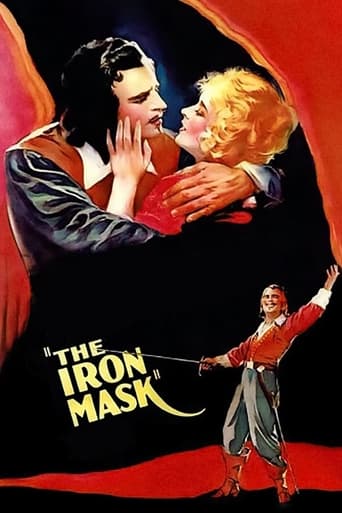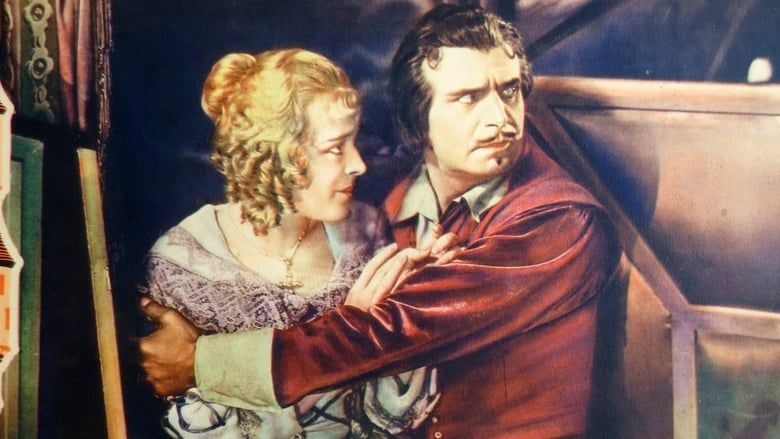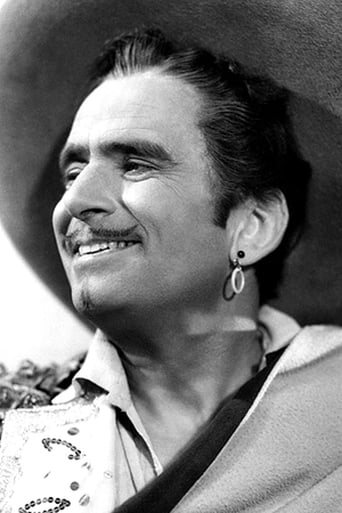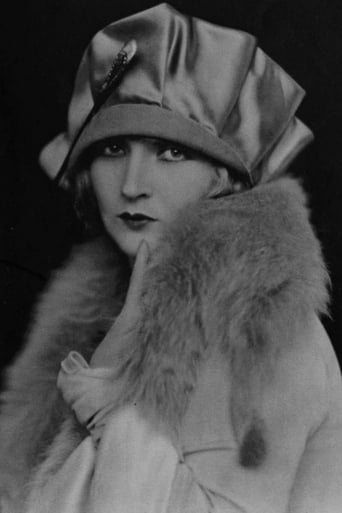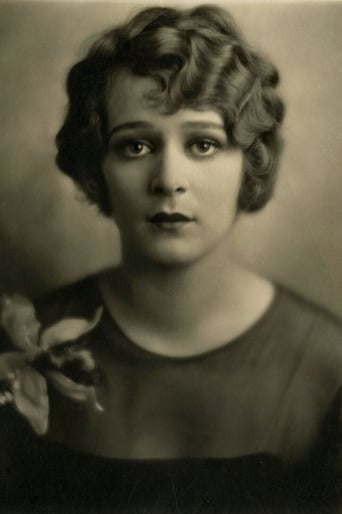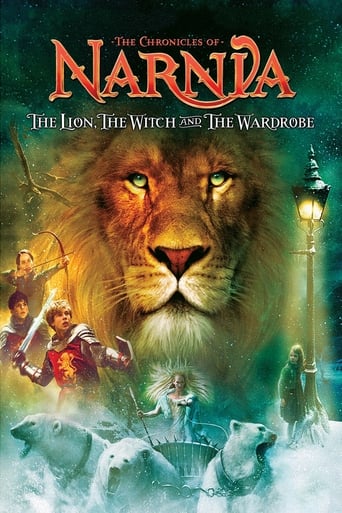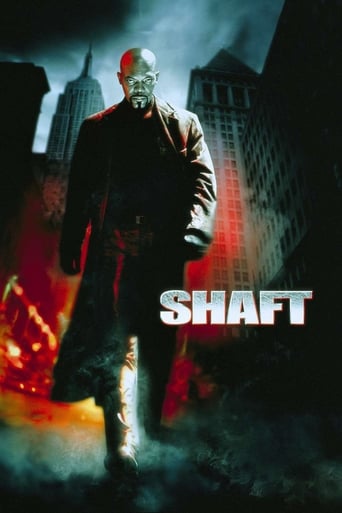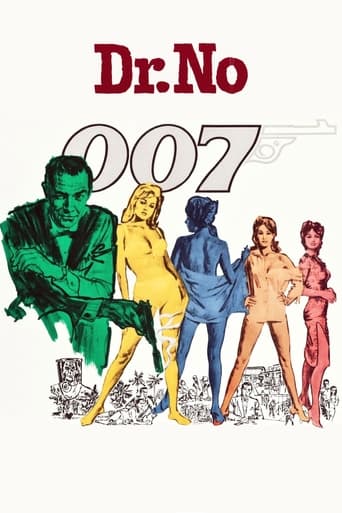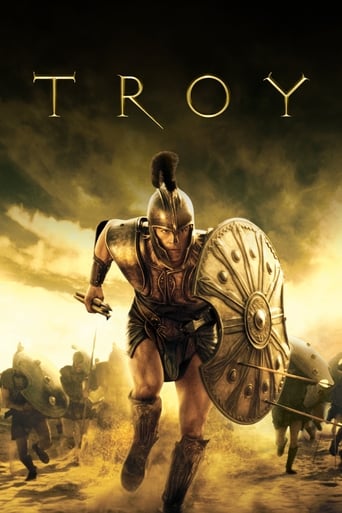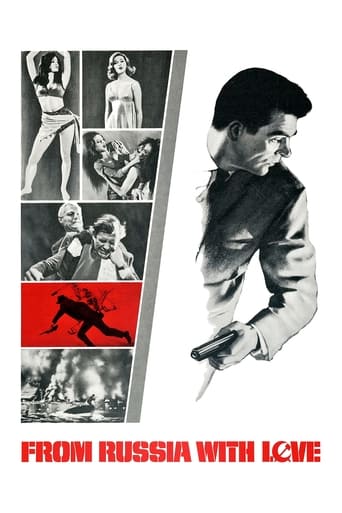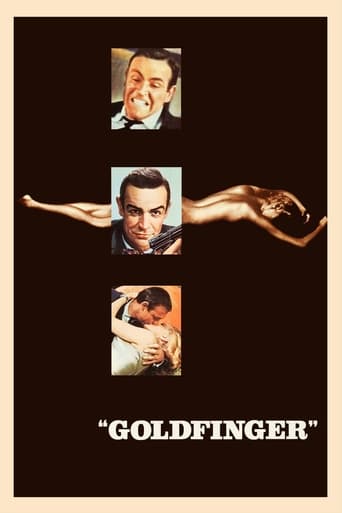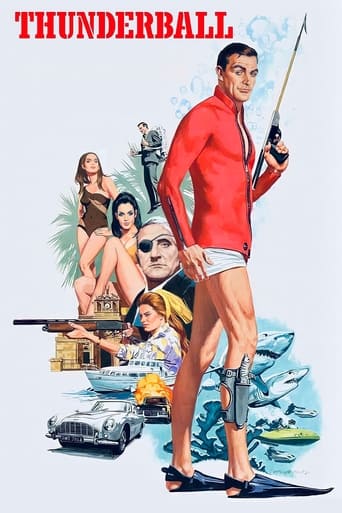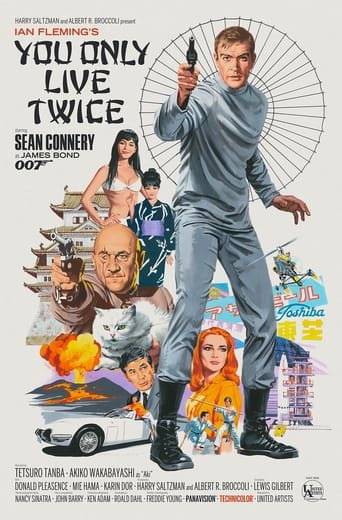The Iron Mask (1929)
King Louis XIII of France is thrilled to have born to him a son - an heir to the throne. But when the queen delivers a twin, Cardinal Richelieu sees the second son as a potential for revolution, and has him sent off to Spain to be raised in secret to ensure a peaceful future for France. Alas, keeping the secret means sending Constance, lover of D'Artagnan, off to a convent. D'Artagnan hears of this and rallies the Musketeers in a bid to rescue her. Unfortunately, Richelieu out-smarts the Musketeers and banishes them forever.
Watch Trailer
Cast


Similar titles
Reviews
Let's be realistic.
Blistering performances.
The film may be flawed, but its message is not.
An old-fashioned movie made with new-fashioned finesse.
Let me begin by stating that I am reviewing the 1952 re-release version with Douglas Fairbanks, Jr's narration (written, I might add, by Richard Llewellyn of "How Green Was My Valley" fame). Fairbanks the younger's delivery of Llewellyn's words is shear poetry! I know this version has been cut and usually I prefer films as they were originally intended, but in this case I'll make an exception since DFJ's narration really makes the film for me. (Still, it would be nice to see how the original "talkie" bits sounded in the elder Fairbank's voice. I might have to catch the restored original too.) Aside from the joy of listening to DFJ's beautiful voice bring his father's work to life for me, I must say I really enjoyed the picture itself. I've seen both the 1939 version with Louis Hayward and the 1977 version with Richard Chamberlain, and while both of those are very good, this one might be the best of the three. Thanks to Fairbanks, Sr. of course it probably has the best action sequences, but the over all acting is also quite wonderful. I must say I was especially impressed with William Blakewell in the duel role of the twins, Nigel De Brulier as Richelieu, and Ullrich Haupt as the villain De Rochefort. This was Fairbanks' final silent film, and his acting here is at its best. He makes a perfect D'Artagnan! The sets and costumes are also magnificent here! Fairbanks pretty much wrote the script too--even though he disguised that fact somewhat by using his middle names in the credits. The credits read story by Elton Thomas; Fairbanks' full birth name was Douglas Elton Thomas Ullman. Maybe he figured that having his name in the credits as both star and producer was enough. And although the storyline varies in many important ways in the Haywood version 10 years later, in other ways it follows Fairbanks' ending quite closely. (It's been years since I saw the 1977 version, but I think its plot is not as close. I do remember it had some marvelous acting in it, but considering it starred Richard Chamberlain, Sir Ralph Richardson, Louis Jourdan, and Patrick McGoohan, how could it not?) Anyway back to the 1929 version--I've seen more than my share of Three Musketeers films and this is one of the best!
The version of IRON MASK that I saw is a silent film with the intertitle cards removed and dialog/narration by Douglas Fairbanks as well as incidental sounds and music (added later—during the sound era). He did, despite rumors, have a very nice voice and was perfect for the role of narrator. I would have much preferred to see the movie in its original form, as viewing it this way was a bit odd. It was like watching a silent and having someone talk throughout—acting out some of the parts and describing the action. Many of the descriptions (such as "the dice are kind" as D'Artagnon wins at playing dice) are completely unnecessary and detract from the film.This sort of reissuing of a silent with narration and sound is not unheard of, as Chaplin did this with THE GOLD RUSH. About 20 years after its initial silent release, Chaplin re-released it with his narration and a musical score he wrote himself. Many complained about this as a bastardization of the original, but I actually like both versions about equally—they are indeed classics. I assume Chaplin got this idea, in part, from the re-release of IRON MASK.The film begins with some irrelevant scenes where the four Musketeers get into trouble and have fun. When the actual important part of the story begins, Louis XIII is excited because his wife just had a son! He is thrilled to have an heir. But, unexpectedly, shortly after the baby's birth, the Queen gives birth to another boy—an identical twin! Cardinal Richelieu and his sidekick begin their scheming—and their rival, Rochefort, finds out their plans. Richelieu's plan is to have the other child raised as a commoner along the Spanish frontier—why, exactly, he's doing this is unknown. It's interesting that in this version, Rochefort is a scoundrel much like Richelieu is in later ones—as in later versions (such as the Louis Hayward and Richard Chamberlain films) Rochefort was a good guy and worked with the Musketeers for France's best interests and Richelieu was a scheming jerk. Here, the roles are reversed and the entire story is changed. Instead of removing a bad king (Louis XIV) and substituting a good twin brother, the plan of Rochefort is to get rid of the good one and install the more malleable and evil one in his place.Years have passed and Rochefort has gotten a hold of the twin—turning him evil and selfish. On the other hand, the Prince has grown into a decent guy and able ruler—due, in part, to the able tutelage by D'Artagnon. Rochefort plans to have the evil twin substituted in place of good King Louis XIV. Who will win this battle of wits? Watch it for yourself and see.Like most of Fairbanks' other silents, this one in which he starred was a high-budget film—with great sets and costumes. Considering he was the biggest swashbuckling star of the era, this isn't surprising and it looks great. While the story is a bit jumbled as well as hurried in the process, it's a pretty good movie—though I strongly recommend you try to find the original version if you can—Fairbanks just talks too much in this one and you lose some of the beauty of this well-acted film.
Monday August 28, 7:00pm, The Paramount TheaterDumas amuck Among the most popular works of literature adapted for film, Alexander Dumas' D'Artagnan Romances, have seen no less than ninety versions produced for the screen, from Biograph's abbreviated, Fencing Contest from 'The Three Musketeers' (1898), to French and Latvian features released in 2005. Dumas' trilogy, The Three Musketeers, Twenty Years After, and The Vicomte de Bragelonne, have been reincarnated as animated characters, French Legionnaires, secret agents, troubadours and even Texas Rangers!A Modern Musketeer ...D'Artagnan was perfect casting for an excessively energetic Douglas Fairbanks in A Modern Musketeer (1917). The film offered a glimpse of the young swordsman as a fantasy sequence within a modern story. It also served as a seed of inspiration when Fairbanks launched into the final decade of his silent film career with a series of costume dramas including The Three Musketeers (1921). The art direction, production design and originality of these films, which include Robin Hood (1923), The Thief of Bagdad (1924) and The Gaucho (1928) remains unsurpassed today. As his finale to the silent era, Fairbanks returned to Dumas and D'Artagnan's further adventures in The Iron Mask (1929). Along with Fairbanks, returning from the 1921 film were Marguerite De La Motte as Constance, Nigel De Brulier as Cardinal Richelieu (a character he played four times), Lon Poff as Father Joseph, Charles Stevens as Planchet, D'Artagnan's servant, Leon Bary as Athos and screenwriter Lotta Woods. Fairbanks also gave a nod to the coming of sound by including a Vitaphone sound-on-disk synchronized musical score which included a spoken prologue and bridge between the end of the Musketeers and Twenty Years After. In 1929, the film was released with both sound and silent versions, as was often the case."It is sometimes more difficult for Kings to return Than to make an exit."This was the last and final time Fairbanks would buckle his swash and the culmination of a lifetime playing humorous and high-spirited action heroes. For it's sheer brilliance of concept, its fluid movement from one scene to the next with the continuous flow of narrative, the initial introduction of characters and setup of the story in this film is unequaled. The film begins with the entrance of King Louis XIII at St. Germain as he anxiously awaits the birth of an heir. The quality of set design, thousands of costumed extras used, monumental production scale and painstaking detail of craftsmanship could never be undertaken today. From the palace, the action moves to D'Artagnan beckoning Constance from the street, below her window. She must hurry to the waiting Queen's coach, and in a sequence of almost balletic beauty she and D'Artagnan hurry from place to place, in search of a moment's privacy, and a kiss. At forty-five, Fairbanks shows every bit of the athletic grace seen in earlier films as he and De La Motte glide over a garden wall and back again. Fairbanks gives his character just the right amount of boyish mischief to balance a flawless performance. D'Artagnon literally rides into the next scene as he jumps from the coach to the aid of his fellow musketeers. They challenge the Cardinal's Guards, then seamlessly move into a wonderful display of humorous camaraderie as the four link arms in a tug-of-war between the much larger Porthos (Stanley J. Stanford) and D'Artagnan that ends as they pull a cartload of barrels into a tavern. Only Fairbanks could transform something as simple as catching a tossed breadroll into a captivating display of skill. The Musketeers are left to pass the time as the action returns to the palace and Louis presenting his newborn son to the cheering sea of humanity below (and that ain't cgi!). And then of course, there is " the other one " As in all Fairbanks' films, the swordplay is spectacular, this time using Belgian fencing master Fred Cavens as coach and consultant. Overall production was supervised by Maurice Leloir, " the acknowledged authority on the period depicted. With The Iron Mask , Fairbanks offers a combination of action, romance and humor showcasing the skills that he developed over years as he literally defined the genre. It's hard to imagine having a better time at any movie.
This is an entertaining version of the legend, familiar from the Dumas novels and numerous movies, of the Musketeers and "The Iron Mask". D'Artagnan is a very good role for Douglas Fairbanks, and as always he makes his character human, likable, and energetic. The story-telling is straightforward, but it has plenty of action and moves at a good pace. The version that has the added narration by Douglas Fairbanks, Jr. also works well. The narrative is well-written and lively, and nicely complements the action on-screen.The old-fashioned style of filming works pretty well for this kind of story, Fairbanks is in his element, and he gets good support from the rest of the cast as well. This is a fun feature for anyone who likes silent films.

